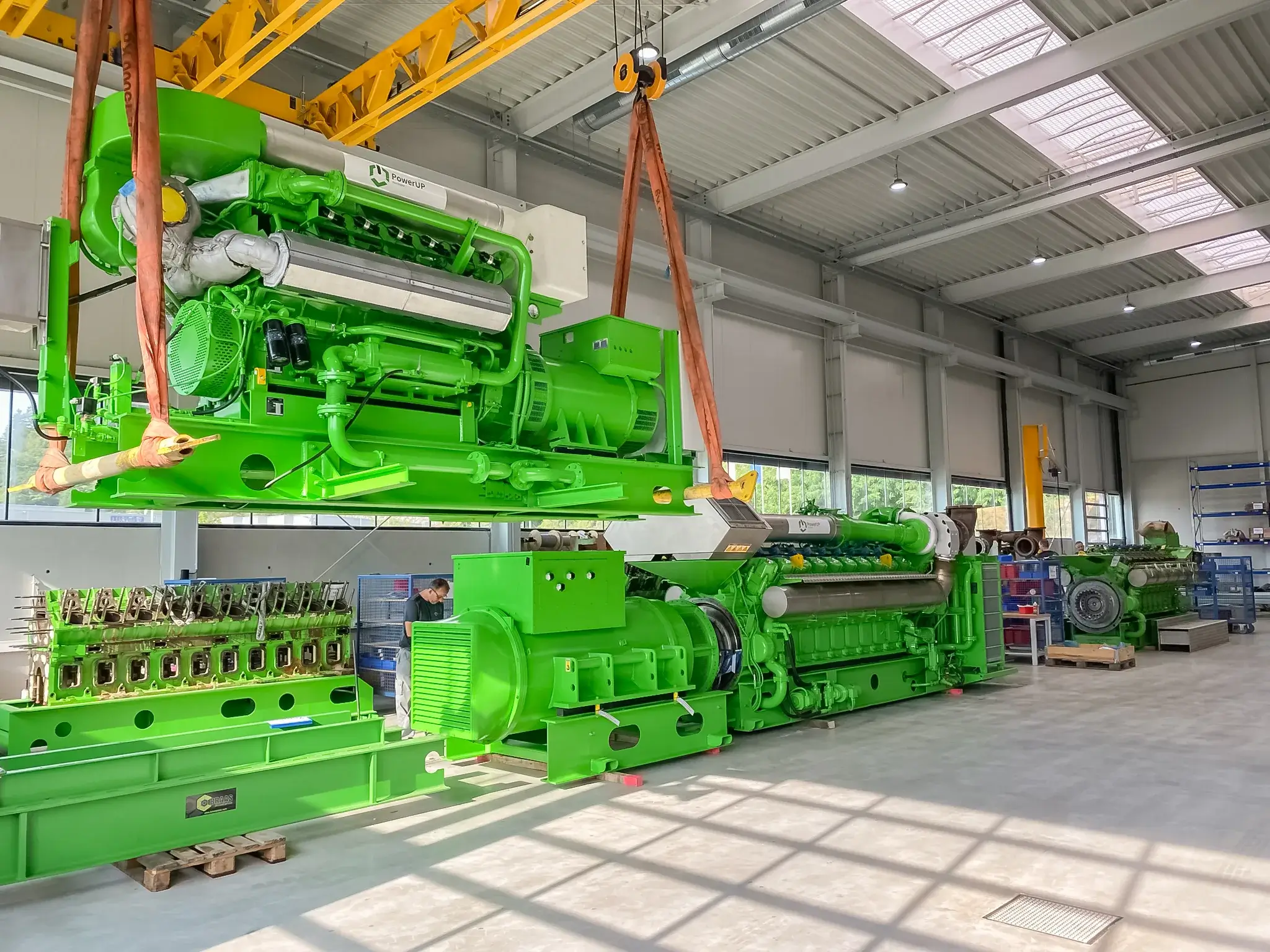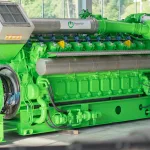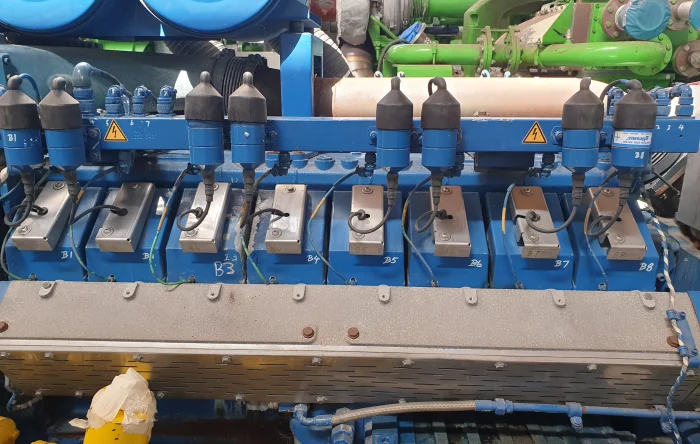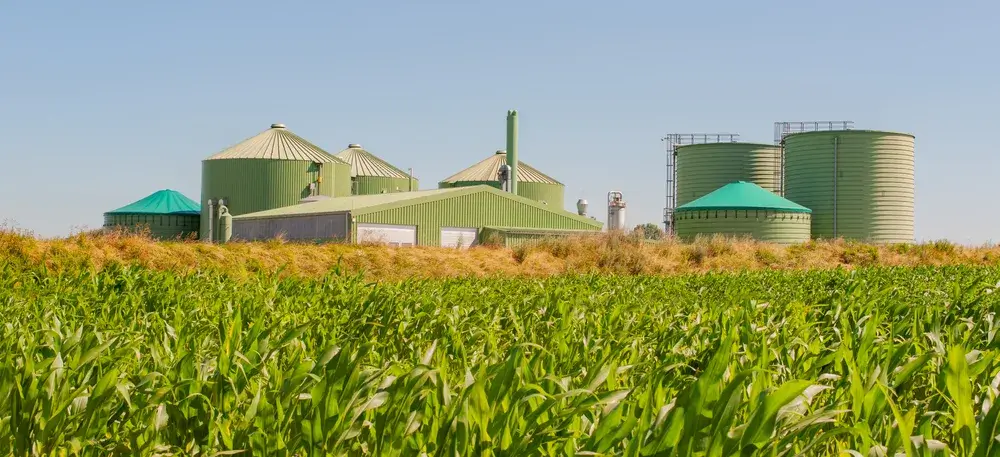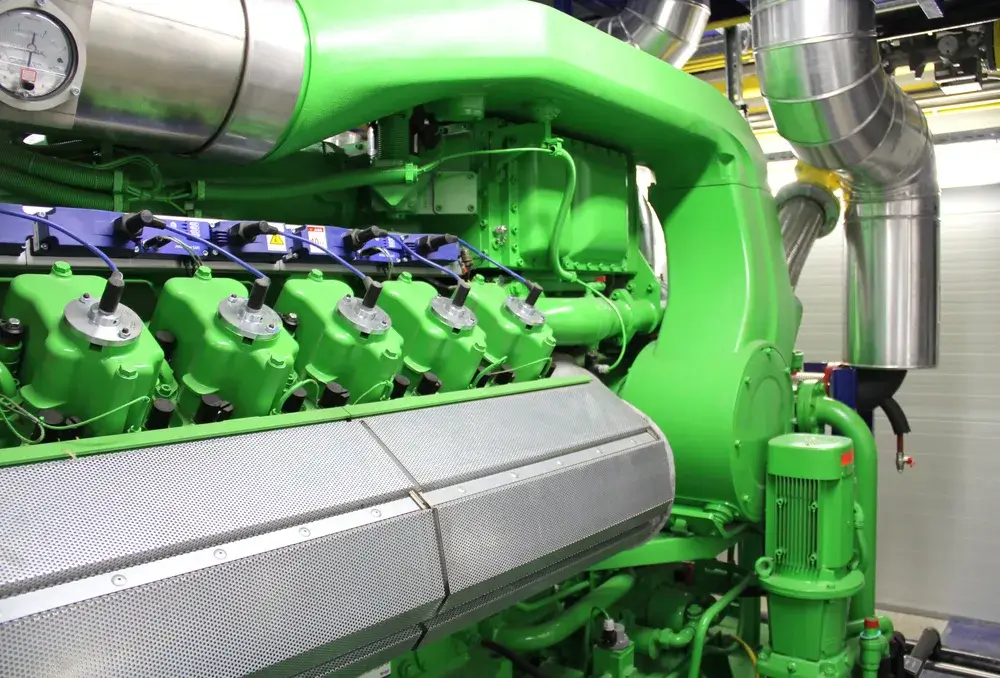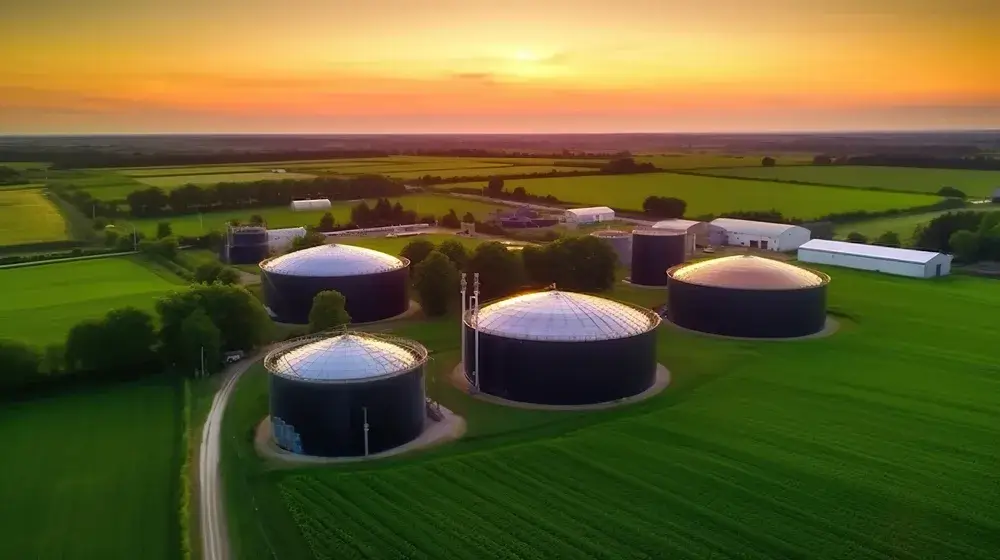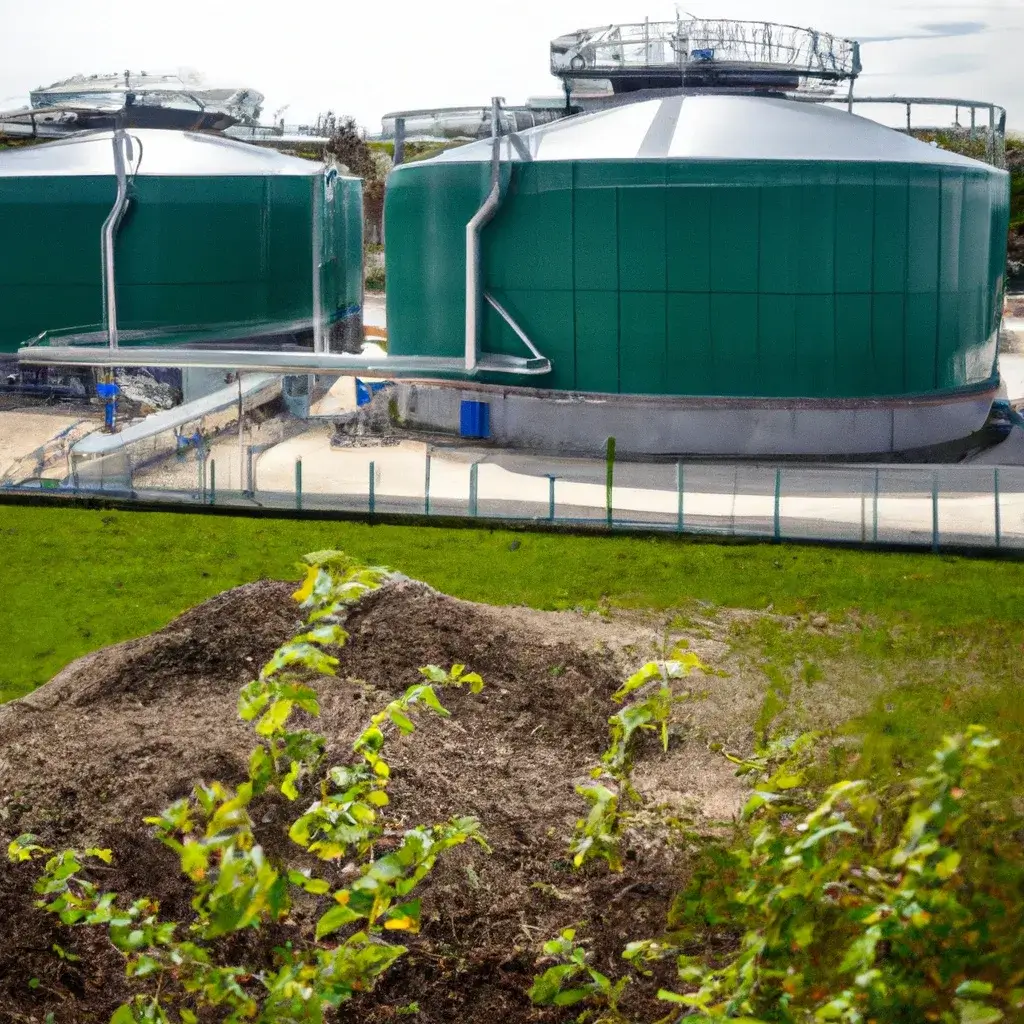Gas Engine Manufacturers — an Overview
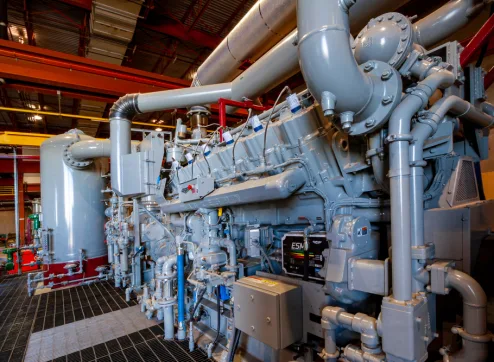
Gas engines have significantly gained importance in the last few decades due to their efficiency and environmentally friendly characteristics. As an alternative to traditional diesel engines, they offer a clean and effective solution for various industrial applications. That is why the gas engine service industry is booming.
In this context, several manufacturers have stood out due to their innovative technologies and high-quality products. This article provides a comprehensive overview of the leading gas engine manufacturers and their noteworthy contributions to the industry.
Gas engines – a comprehensive insight
If you want to know how a gas generator works, where they are used and how to get the most out of them, then you have come to the right place!
The origins of the gas engine
The gas engine, a technological achievement of the 19th century, was developed in response to the limited capabilities of steam engines at that time. In 1860, Étienne Lenoir, a Belgian engineer, patented the first functioning gas engine.
This engine, known as an Otto engine, used a mixture of air and illuminating gas, which was ignited by a spark plug. Although this initial design was less efficient compared to later models, it paved the way for a revolution in energy conversion and utilization.
Function and structure basics
The gas engine is a specialized form of internal combustion engine designed to operate using gaseous fuels. Its main function is to convert the chemical energy of the gas into mechanical energy. The core component of the engine is the combustion chamber, where the gas-air mixture is ignited. During the ignition process, the hot gases rapidly expand and drive the piston, which in turn sets the crankshaft in motion.
Key components of gas engines include cylinders, pistons, valves, and spark plugs. Through continuous advancements in design and material selection, modern gas engines are continually improving in terms of efficiency, longevity, and environmental friendliness.
Differences between gas engines and diesel engines
Gas engines and diesel engines differ primarily in their ignition method. While gas engines mostly utilize spark ignition through spark plugs, diesel engines rely on compression ignition resulting from high compression temperatures.
Diesel fuel is classified as a liquid fuel, in contrast to the gaseous fuels used in gas engines. These distinctions result in variations in efficiency, emission profile, and operational behaviour between the two types of engines.
Overview of some gas engine manufacturers
In this section, we will examine some of the top gas engine manufacturers and their groundbreaking innovations.
Jenbacher®
The Jenbacher® brand is a prominent player in the field of gas engine manufacturing and is part of Innio Jenbacher GmbH & Co OG. Originally from the Austrian town of Jenbach, the company has specialized in gas engines since the 1950s.
Jenbacher® gas engines are renowned for their versatility and efficiency, as they can utilize a wide range of gases, including landfill gas, biogas (methane), and low-calorific gases. With a strong emphasis on innovation and environmentally friendly technology, Jenbacher® engines are among the leading choices for combined heat and power (CHP) and power generation plants worldwide.
MWM®
MWM®, formerly known as Motoren-Werke Mannheim, is a German company that has been operating in the field of engine manufacturing for over 140 years. Throughout the years, MWM® has focused on the production of highly efficient gas engines, specifically designed for decentralized energy generation systems, such as cogeneration.
Their engines are known for their high reliability, durability, and economic efficiency. The company places special emphasis on sustainable solutions and has developed innovative drive systems that can be operated with both natural gas and alternative gases, such as those used in biogas plants.
Caterpillar Energy Solutions®
Caterpillar®, often referred to as “Cat”, is a global company renowned for its heavy construction equipment and propulsion systems. Beyond the realm of construction, Caterpillar® has also established a reputation in the gas engine sector. Their gas engines are recognized for their durability, longevity, and high performance efficiency.
They are utilized in both industrial applications and for decentralized energy and power generation. Thanks to innovative technologies and ongoing research, Caterpillar® has developed solutions that are distinguished by low emissions and efficient operation, regardless of the type of gas fuel used – whether it be natural gas, biogas, or landfill gas.
PowerUP offers a wide range of spare parts suitable for these three brands and also a customized service.
MTU®
MTU®, a subsidiary of the Rolls-Royce Group, is a manufacturer of propulsion systems. Renowned for its high-performance engines in the maritime, rail, and industrial sectors, MTU® also offers gas engines in its portfolio.
These engines combine the quality of MTU® with the benefits of gas propulsion, resulting in lower emissions and high efficiency. In the field of decentralized energy generation, MTU® gas engines are widely trusted for their reliable and environmentally friendly performance.
Waukesha®
Waukesha®, a brand of INNIO®, specializes in the production of gas engines for industrial applications. These engines are renowned for their robust construction and their ability to operate with a wide range of gases, including natural gas, biogas, and associated gases.
The high adaptability and wide power range of Waukesha® engines in terms of fuel flexibility make them especially valuable for use in remote or challenging operating environments.
MAN®
MAN®, a company from Germany, has been engaged in the manufacturing of engines for over a century. In the field of gas engines, MAN® provides solutions that are distinguished by their high efficiency, durability, and environmental friendliness.
MAN® gas engines have particularly established themselves in the fields of combined heat and power plants and maritime applications due to their reliability and cost-effectiveness.
Wärtsilä®
Wärtsilä® specializes in power solutions for marine and energy markets, offering highly efficient gas engines. Their engines are used in decentralized energy generation, where fuel flexibility and reduced emissions are essential.
Perkins®
Perkins® provides gas engines known for their reliability and performance, particularly in smaller-scale industrial applications. Their engines focus on lower emissions and adaptability, often found in power generation and other critical operations.
Guascor®
Guascor® engines, now part of Siemens Energy, are well-regarded for their durability and ability to utilize biogas and other renewable fuels. Their use in CHP applications highlights their commitment to sustainability and energy efficiency in industrial settings.
Technological Progress
In recent decades, technological advancements have revolutionized the field of gas engines. Modern engines now deliver higher efficiencies, improved combustion processes, and optimized control systems. Turbocharger technology has also seen significant progress, resulting in increased power density and efficiency.
Furthermore, advancements in sensor technology and electronics allow for a more precise control over the combustion process. The use of advanced materials enhances the lifespan and dependability of the engines. These innovations, along with the growing trend of digitization, enable gas engines to be operated with greater efficiency, environmental friendliness, and cost-effectiveness than ever before.
Eco-friendly approaches
Considering global environmental issues, gas engine manufacturers have increasingly integrated environmentally friendly approaches into their technologies. Gas engines emit less CO2 and pollutants compared to diesel engines. The increased utilization of biogas and landfill gas as renewable energy sources reduces reliance on fossil fuels.
Furthermore, innovative exhaust after treatment systems allow for the reduction of nitrogen oxides and particle emissions. State-of-the-art control and regulation systems optimize the combustion process, lowering fuel consumption and minimizing emissions. These approaches not only protect the environment, but also ensure that gas engines comply with the strictest environmental regulations.
PowerUP – Your partner in gas engines
With a range of solutions for your gas engine, PowerUP offers you service and spare parts suitable for INNIO Jenbacher®, MWM®, Caterpillar® brands and more.
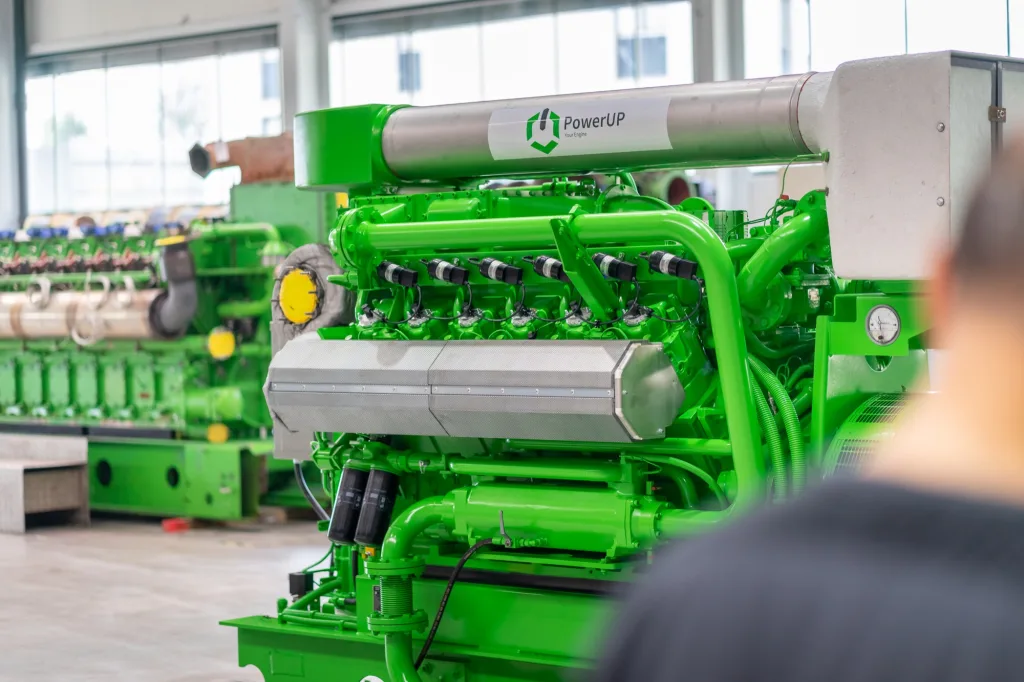
From specially designed replacement parts to gas engine repair, emergency engines, and gas engine container solutions – our expertise in this field ensures that our customers always receive the highest level of service.

